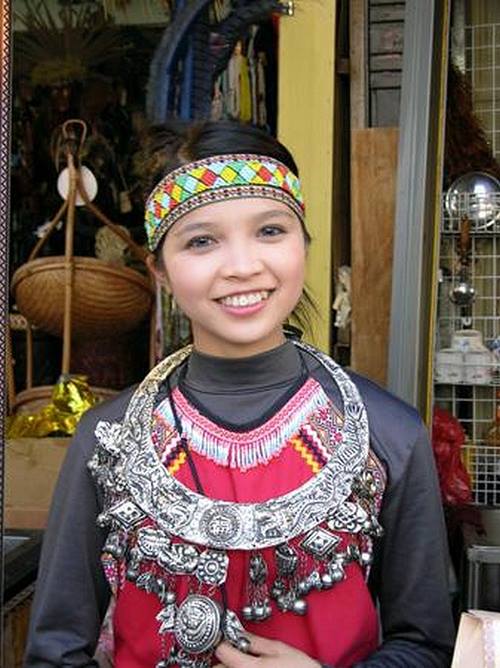In Taiwan, President Tsai Ing-wen offered a proper and formal apology August 1 to the aboriginal peoples of the island state for ‘centuries of pain and mistreatment’, and she promised to take concrete steps to rectify that history of injustice. This came as an original and not quite expected act of office of the new lady of the nation.
In the ceremony at the presidential office in Taipei that was attended by aboriginal leaders, she pointed out that Taiwan authorities had made efforts to put a stop to the discrimination against the multitudes of indigenous people, and that a formal apology was really necessary, stating the need for a genuinely reflection on this past to show Taiwan as a country of justice.
Taiwan’s Council of Indigenous Peoples officially recognizes 16 groups, with three — the Amis, Atayal and Paiwan — making up 70 percent of the total native population.
Historically, Taiwan’s earliest known residents are believed to have come to the island as far back as 6,000 years hence from places across the region spreading between Madagascar to Polynesia.
In later times the island was colonized by the Dutch, in the 17th century, followed by the Han Chinese, largely Hakka immigrants from areas of Fujian and Guangdong across the straights on mainland China.
The Spanish built a settlement in the north for a brief period but were driven out by the Dutch in 1642. Then it was the turn of Koxinga, in 1662 who defeated the Dutch and established a base of operations on the island. His forces were defeated by the Qing dynasty in 1683, and parts of Taiwan became increasingly integrated into the Qing empire. However, following the First Sino-Japanese War in 1895, the Qing lost the island to the Empire of Japan. The Japanese were ousted by the end of World War II when Mao took over China.
Through all this the indigenous peoples were sidelined and carried on their lives best they could. Their fate, as minorities everywhere, was fraught with injustices where the indigenes of Taiwan faced high levels of urbanised unemployment, lower wages in cities and less education where that was made available at all which impacted on their traditional ways and cultures.
Capen Nganaen, an 80-year-old representative of the Yami, expressed happiness in receiving the government’s apology with: “Taiwan has had many presidents during its history, but never before has one been willing to offer an apology to the indigenous peoples,” stated during the ceremony.
He also spoke of how the Yami had unsuccessfully resisted the use of their homeland, Orchid Island, southeast of Taiwan, which had become a depository for nuclear waste from power plants on Taiwan main island. Mr. Capen pointed out that many Yami feared an accident would render Orchid Island uninhabitable, and he called for a plan to remove the waste.
This apology showed an interesting side to this the first female president of Taiwan, who, after winning a landslide victory in January for her Democratic Progressive Party has long campaigned on social justice issues.
On a different topic that intent on justice includes investigation into assets acquired by the Kuomintang, the former governing party, during its decades of rule. Last week, the legislature passed a law ordering the return of ill-gotten assets taken by political parties since 1945, the year the Kuomintang rightly or wrongly took control of Taiwan from Japan – it could equally have went to the USA or Mao’s Communist Party given a different play on political affairs at the end of that messy war.
Ms. Tsai announced that she would head up a commission to address the injustices faced by indigenous groups and that a law outlining their basic rights was on the cards. She also said the government would give compensation to the Yami before a decision was made on where to store the nuclear waste deposited on Orchid Island over the past 30 years.






